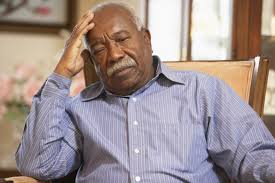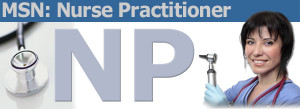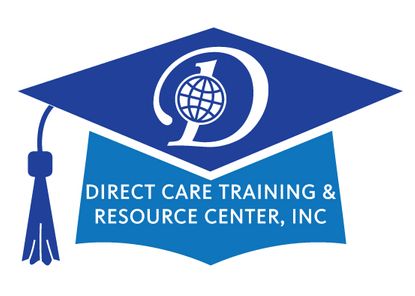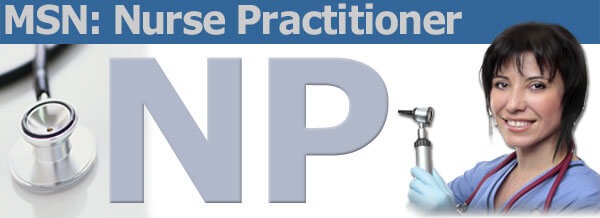 For some it is almost not an option. How so? Well more and more participants in adult day health programs are managing some level of mental illness. Diagnosis range from anxiety disorders to paranoid schizophrenia to major depression. At the same time many are not receiving the level of comprehensive services required to manage everyday life without thoughts of self-harm and other negative reflections.
For some it is almost not an option. How so? Well more and more participants in adult day health programs are managing some level of mental illness. Diagnosis range from anxiety disorders to paranoid schizophrenia to major depression. At the same time many are not receiving the level of comprehensive services required to manage everyday life without thoughts of self-harm and other negative reflections.
In response, many adult day programs have become mental health centers in and of themselves, others take on the designation community mental health center. Larger, established programs after just brief, informal surveys realize that they can benefit their already enrolled populations and move to qualify to do so. As a result they really fulfill their mission of serving the entire person. After all, if we know a majority of our population has unmet needs, how could we in good conscience ignore that?
Some of these progressive clinical entrepreneurs become Comprehensive Outpatient Rehabilitative Facilities, (CORF) which allows for a wide ranging physician driven program which offers a wide array of services including the psychosocial. Click Here for the CORF Survey Requirements which explains how these programs operate and are governed. Click Here for some of the Medicare guidelines affecting rendering mental health services.
By allowing mental health services to be provided by a number of disciplines, mental health care can be tailored to the dynamics of a community.

And now some technical data from the Mental Health Services Billing Guide:
Medicare pays for services and supplies (including drug and biologicals which are not usually self-administered) that are furnished incident to a physician’s or other practitioner’s services. For purposes of this section the term physician also means a practitioner including a physician
assistant, nurse practitioner, clinical nurse specialist, and clinical psychologist. Incident-to a physician’s professional services means that the services or supplies are furnished as an integral,although incidental, part of the physician’s personal professional services in the course of diagnosis or treatment of an injury or illness. Services must be performed under the physician’s direct supervision. Direct supervision means the physician must be present in the office suite and immediately available to furnish assistance and direction throughout the performance of the procedure.
To be covered incident-to the services of a physician, services and supplies must be:
• An integral, although incidental, part of the physician’s professional service;
• Commonly rendered without charge or included in the physician’s bill;
• Of a type that are commonly furnished in physician’s offices or clinics;
• Furnished by the physician or by auxiliary personnel under the physician’s direct supervision.
**A PA, NP, CNS, and CP may provide services without direct supervision and have the service covered. However, a PA, NP, CNS, and CP may opt
to provide services incident to a MD or DO.
It is not within Medicare benefit categories for auxiliary personnel such as registered nurses or clinical professional counselors to provide services without direct supervision. Such auxiliary personnel may provide services incident to a PA, NP, CNS, or CP. The services will be covered if they would have been covered when furnished incident to the services of an MD or DO.
Auxiliary personnel is defined as any individual who is acting under the supervision of a physician, regardless of whether the individual is an employee, leased employee, or independent contractor of the physician, or of the legal entity that employs or contracts with the physician. Where a physician supervises auxiliary personnel to assist him/her in rendering services to patients and includes the charges for their services in his/her own bills, the services of such personnel are considered incident-to the physician’s service if there is a physician’s service rendered to which the services of such personnel are an integral, although incidental part and there is direct supervision by the physician.
In reporting psychotherapy, the appropriate code is chosen on the basis of the type of psychotherapy, the place of service, the face to face time spent with the patient during psychotherapy and whether evaluation and management services are furnished on the same date of service as psychotherapy.
Office or Other Outpatient Facility
90804-90809 – Insight oriented, behavior modifying and or supportive psychotherapy
90810-90815 -Interactive Psychotherapy
Appropriate Place of Service Codes
Office or other outpatient facility (90804-90815)
03 School
04 Homeless Shelter
11 Office
12 Patient’s Home
14 Group Home
20 Urgent Care
22 Outpatient Hospital
23 Emergency Room – Hospital
49 Independent Clinic
53 Community Mental Health Center
62 Comprehensive Outpatient Rehabilitation Facility (CORF)
E/M and Psychotherapy Rendered on the Same Day Evaluation and Management (E/M) services are not separately payable when provided by the
same provider on the same day as covered individual psychotherapy. Providers should submit the individual psychotherapy CPT code that includes the E/M service that is provided to a patient on the same day as a psychotherapy session.
The following psychotherapy codes contain an E/M component: 90805, 90807, 90809, 90811,90813, 90815, 90817, 90819, 90822, 90824, 90827 and 90829.
NOTE: Medicare does not pay CPs and CSWs for CPT codes that include an E/M component.
_________________________________________________________
Adult day health services continue to evolve. We salute, support and take delight in working with the truly progressive players.
 For some it is almost not an option. How so? Well more and more participants in adult day health programs are managing some level of mental illness. Diagnosis range from anxiety disorders to paranoid schizophrenia to major depression. At the same time many are not receiving the level of comprehensive services required to manage everyday life without thoughts of self-harm and other negative reflections.
For some it is almost not an option. How so? Well more and more participants in adult day health programs are managing some level of mental illness. Diagnosis range from anxiety disorders to paranoid schizophrenia to major depression. At the same time many are not receiving the level of comprehensive services required to manage everyday life without thoughts of self-harm and other negative reflections.
 Adult Day Care Innovation & Growth
Adult Day Care Innovation & Growth 
